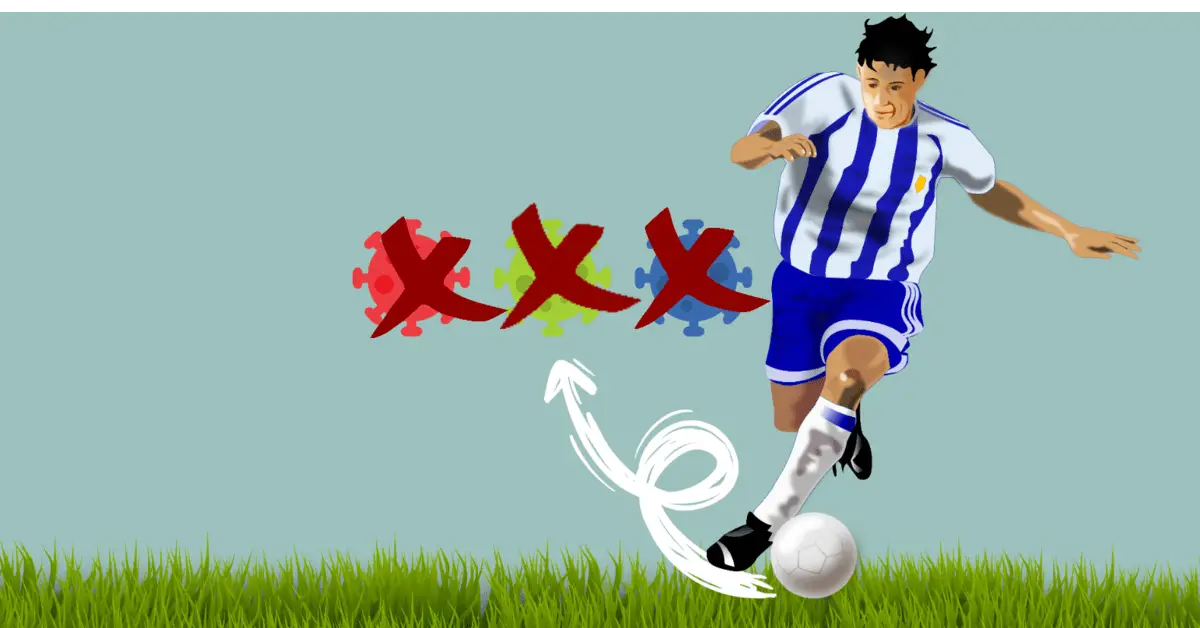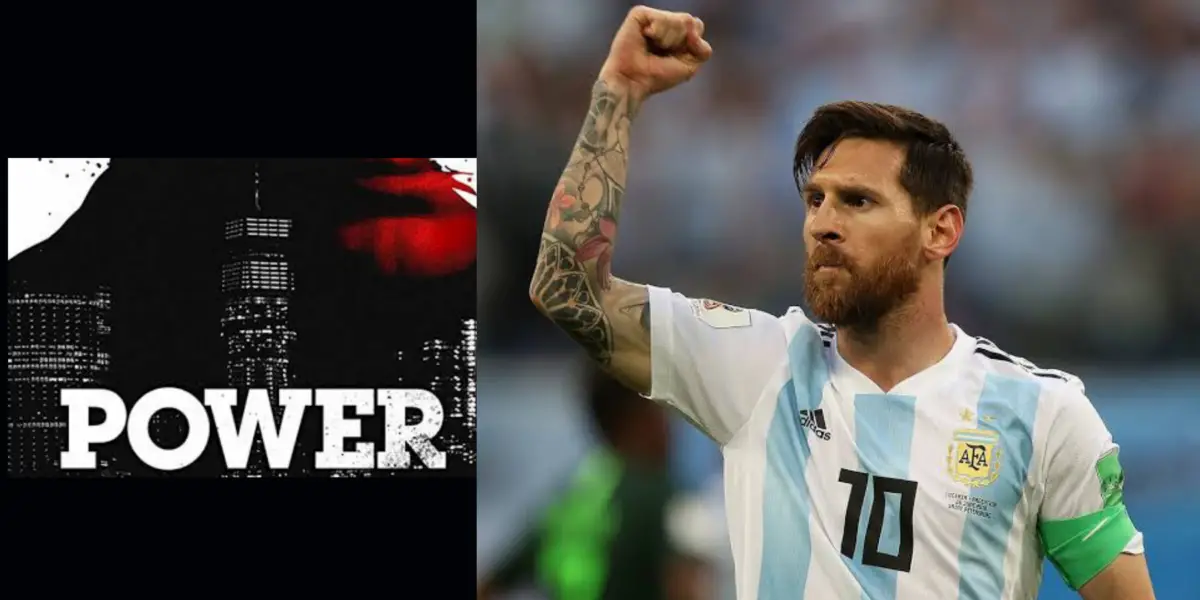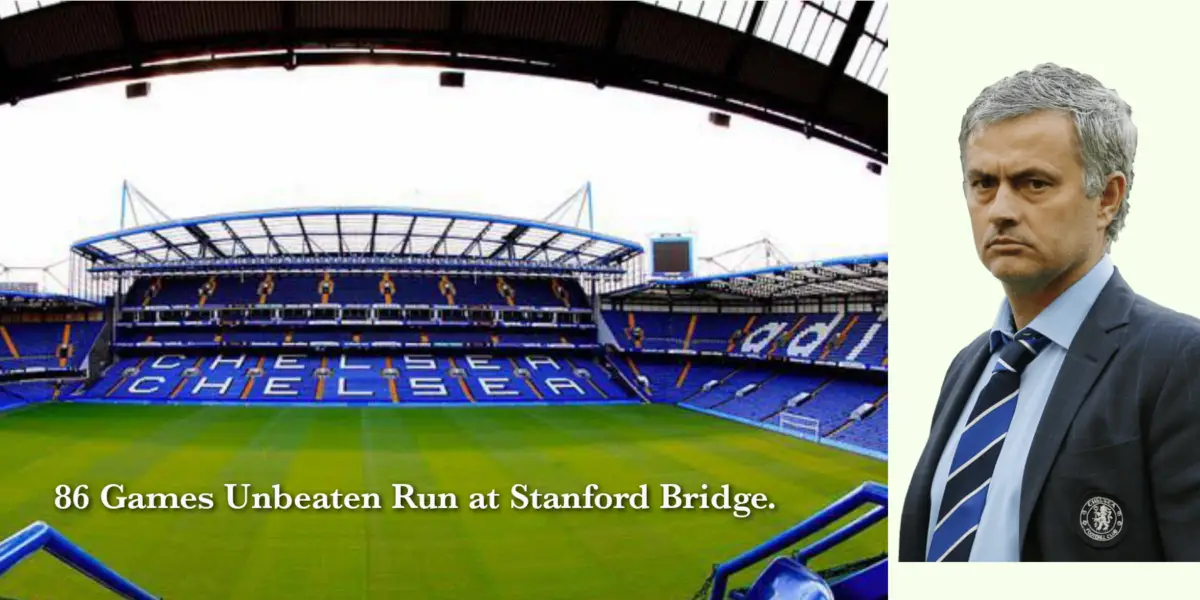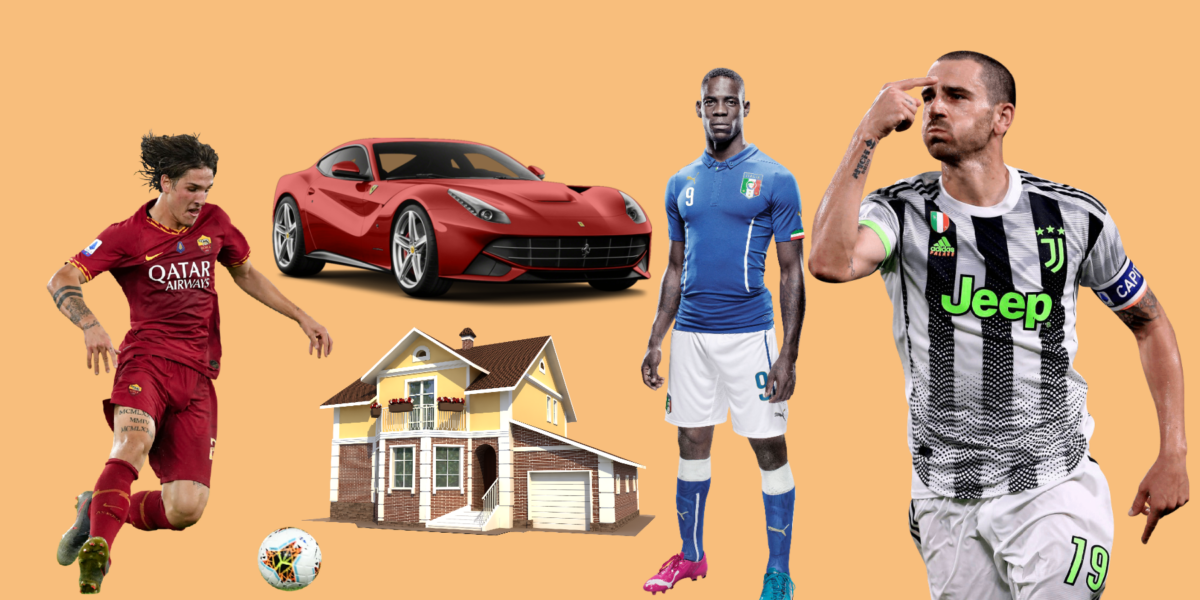When UEFA announced the new 36-team, single-league format, a lot of people were angry. They said it was a cash grab. They warned of more games and more fatigue. They feared the old magic would die. Those critics were loud. Some players were worried, too. Liverpool goalkeeper Alisson said players were not asked and voiced concern about extra matches.
I get the worry. Change often looks greedy at first. And yes, UEFA will make more money. But watching the competition unfold shows another side. The new format gives us better nights earlier. It turns group days into real events. It forces big teams to meet sooner. And that makes the tournament more exciting.
The old system was simple. Three opponents. Six games. Too often, the big matches came too late. Fans waited for the knockouts to build drama. The new model has each club play eight opponents. No repeats. That means variety. It means real tests from the start. UEFA and many outlets argued this would lift the spectacle. The Week explained how the so-called “Swiss model” aims to make every match count.
Look at the evidence on the pitch. Last season, we did not have to wait until the last eight to get heavyweight clashes. Huge games arrived in the league phase. Paris Saint-Germain’s 4-2 victory over Manchester City is one example of the kind of high-stakes match we now see more frequently. That result mattered to the table and to fans. It would not have been part of a standard small group format in the same way.
Classic drama is still there. Great matches still happen. Inter’s extra-time win over Barcelona in 2024-25 is a reminder that the format keeps the cup feel alive. Those nights still give the tournament its lore. But the difference now is timing. We get more of those nights. We get them spread out. FourFourTwo’s recent ranking of great UCL games even notes some of these fresh classics.
Critics said this would be worse for the players. They said more games mean more fatigue. That is a fair point. Players do not want endless travel and fixtures. Alisson’s comments underline that concern. He told reporters that players often felt left out of the planning and were tired. That is a voice UEFA should not ignore.
But the call for caution is not the same as a call to cancel the format. The format was adjusted to avoid the worst outcomes. For example, the league phase has eight matches, not ten. That reduces the load from some early proposals. Analysts at ESPN laid out the early results and asked if the criticism was fair. For many fans, the answer is starting to look like “no.” The competition can be intense without being ruinous.
Another common charge was that UEFA only wanted more money. SI ran pieces arguing that the change was for profit first. That is partly true. Big tournaments are businesses. But business motives and better football are not mutually exclusive. If a format change creates more meaningful games, more big nights and more interest from casual fans, then it serves both the sport and the sport’s finances. That does not make it cynical by default.
What matters now is what the format gives fans. The group phase feels alive. There are fewer dead games. Smaller clubs get to play the big clubs more often. That is good for supporters and for the sport’s health. OneFootball’s guide explained the mechanics and why the change spreads the top fixtures across the season. That matters to broadcasters. It also matters to fans who want to see teams they care about playing the best sides more often.
We also need to judge outcomes, not just intentions. After a few matchdays, pundits who disliked the idea have softened. Some defenders of the change say the drama is back and the unpredictability is a net win. The Spectator noted how the new format can shake up old certainties. The evidence in the field supports that.
That said, this is not a final verdict. The calendar is tight. Player welfare must remain central. UEFA should keep talking to players and managers. If fatigue rises, tweaks are needed. But so far, the format has delivered the one thing fans asked for more of: big matches that matter, early and often.
In short, the new Champions League format was not perfect on day one. The debate was necessary. But the early results are persuasive. The competition feels fresher. The group phase no longer hides from big clashes. Fans see more top games without waiting for the knockout rounds. The change was risky. It was worth the risk.
If you still dislike it, ask yourself this: would you rather wait months for a single blockbuster, or watch several across the season? My bet is on the latter. Football is about nights that burn in the memory. The new format gives us more of those nights. And for now, that makes it work better than many of us first thought.




